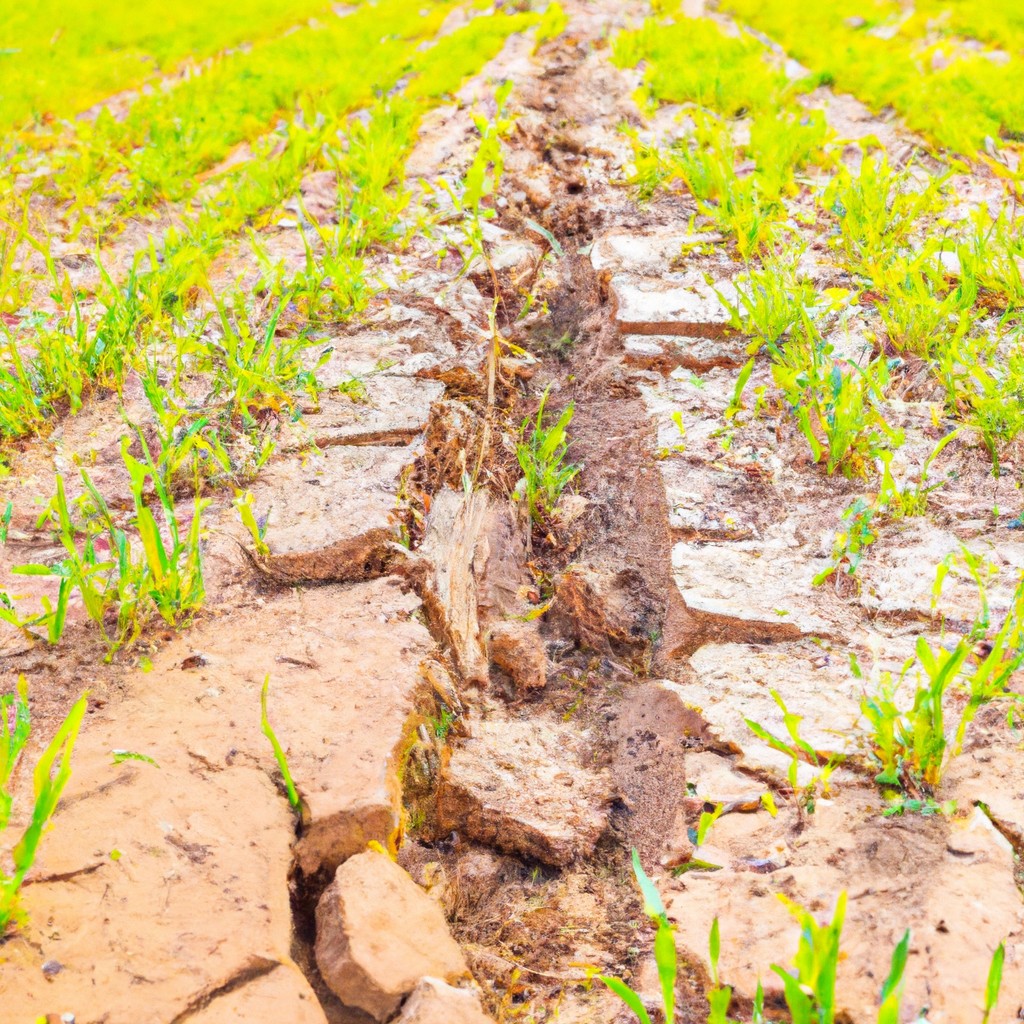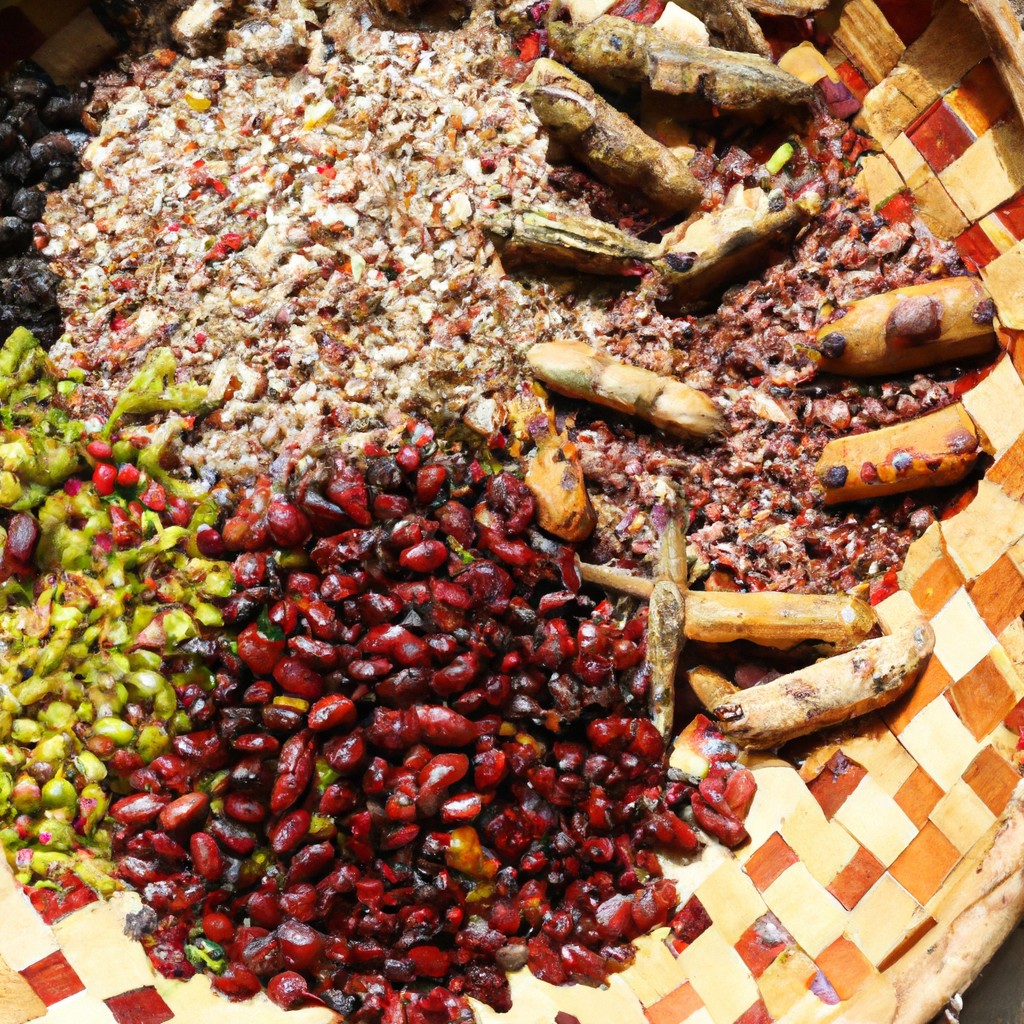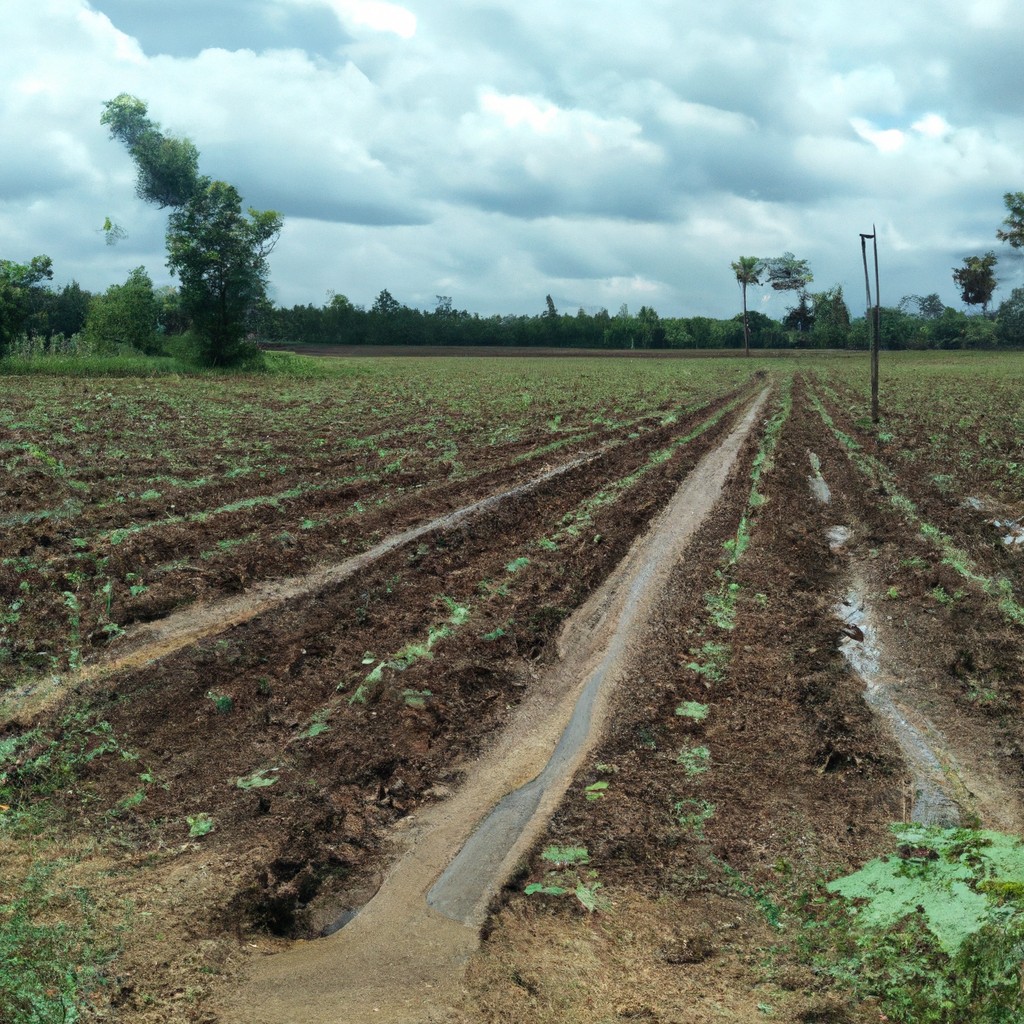This article provides an overview of agriculture degrees, detailing what they involve, the various types available, and the potential career paths they open up.
Look Inside:
Types of Agriculture Degrees

Agriculture degrees vary widely, catering to interests ranging from cultivation to animal science. At the associate level, programs often focus on technical skills for immediate entry into farming careers. Bachelor’s degrees delve deeper into science and economics, equipping students for roles in agribusiness or environmental management. Pursuing a master’s or doctoral degree opens doors to specialized research in areas like genetics, soil science, and sustainability practices. For those fascinated by the intersection of technology and farming, degrees in agricultural engineering or agritech provide a pathway into cutting-edge advancements in the field.
Core Subjects Covered in Agriculture Degrees
Studying agriculture is like piecing together a complex puzzle of nature, science, and technology. Courses start with foundational sciences such as biology and chemistry, which serve as the backbone for understanding plant and animal biology. Soil science is another critical area, diving into soil composition, health, and management techniques—a real “dirt detective” work!
Moving into technology, precision agriculture classes cover the use of GPS and drones for farming—an exciting blend of tech and tradition. Plant pathology and pest management topics also help future farmers protect their crops without breaking a sweat—or the ecosystem.
Lastly, agribusiness courses ensure aspiring agriculturists can handle the financial side of things, making sure the farm not only thrives but also remains economically sustainable. Each subject area builds a strong foundation, preparing students for the multifaceted challenges of modern farming.
Potential Career Paths With an Agriculture Degree
An agriculture degree opens doors to diverse career options beyond traditional farming. Graduates can pursue roles in agribusiness, where they manage farm operations or work within agricultural corporations to improve food production efficiency and sustainability. Environmental consulting is another avenue. Here, professionals advise on best farming practices, helping to minimize impacts on the natural environment. For those inclined towards scientific research, positions in genetic engineering or pest management offer opportunities to develop new agricultural technologies and solutions. Extension services, educating and supporting farm communities, also rely heavily on agriculture graduates. Each path not only demands a deep understanding of agricultural sciences but also a strong commitment to future sustainability.
Importance of Hands-on Experience in Agriculture Education
Hands-on experience provides invaluable insights into the challenges and rewards of farming and agriculture. By engaging directly with the soil, plants, and animals, students gain practical skills that cannot be replicated in a classroom setting. This exposure also fosters critical thinking and problem-solving abilities, essential for addressing real-world agricultural issues.
Field days, internships, and laboratory work complement theoretical knowledge by allowing students to apply learned concepts in practical situations. Additionally, working alongside experienced farmers and agronomists opens up networking opportunities that might prove beneficial for future employment endeavors.
Students often discover specific areas of interest through these experiential learning opportunities, guiding their academic and career paths in more focused and passionate directions.
Financial Considerations for Studying Agriculture
Pursuing an agriculture degree can be a financially smart decision, but it requires careful planning. Tuition fees vary widely between institutions, so comparing costs is crucial. Additionally, consider the location of the university, as living expenses can vary significantly from rural to urban settings.
Many agricultural colleges offer scholarships, grants, and fellowship opportunities specifically for agriculture students. Investigating these options early can substantially reduce education costs.
Prospective students should also look into part-time job opportunities on campus or in nearby farming communities. Such roles not only help offset education expenses but also provide valuable hands-on experience in the field of agriculture.




